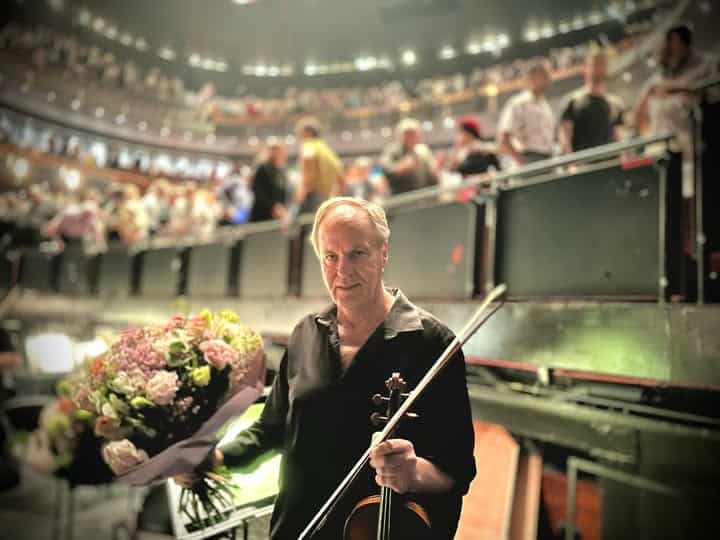Mahler Competition is down to the last 6
mainSemi-finals start tomorrow for:
Finnegan Downie Dear (UK)
Andreas Hansson (Sweden)
Thomas Jung (Germany)
Harry Ogg (UK)

Christian Vazquez (Venezuela)
Katharina Wincor (Austria)

Semi-finals start tomorrow for:
Finnegan Downie Dear (UK)
Andreas Hansson (Sweden)
Thomas Jung (Germany)
Harry Ogg (UK)

Christian Vazquez (Venezuela)
Katharina Wincor (Austria)
An appeal has been raised for the widow…

We understand that David Chan, concertmaster of the…

A Virginia guitarist and composer, Yasmin Williams, reached…

The German violinist Eckart Lorentzen brought the Isael…

Session expired
Please log in again. The login page will open in a new tab. After logging in you can close it and return to this page.
Comments